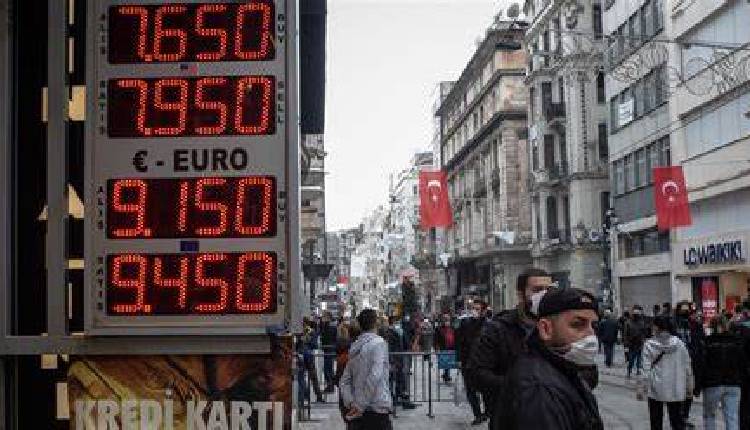Turkey’s inflation accelerated more than forecast last month, in what officials hope marks the worst of a yearslong cost-of-living crisis, Bloomberg reported.
Data on Monday showed inflation accelerated to an annual 75.5 per cent in May from just under 70 per cent a month earlier.
Monthly price growth, the central bank’s preferred gauge, was 3.4 per cent. Both readings exceeded the median economist’s predictions.
The trajectory of prices, with a peak in May, follows the path mapped out by the central bank as it has embraced more conventional economics since President Recep Tayyip Erdogan’s reelection a year ago.
The question now is whether inflation will also closely follow forecasts on the way down and prepare the ground for interest rates to fall after an aggressive cycle of monetary tightening.
Policymakers anticipate Turkey’s inflation will end the year at 38 per cent, which would still leave it as the world’s sixth-fastest, according to the International Monetary Fund.
The central bank says a significant deviation from the projected outlook and expectations could prompt another rate hike after a cumulative tightening of over 40 percentage points in less than a year brought its benchmark to 50 per cent in March.
Official borrowing costs have been kept on pause at the last two meetings, though policymakers introduced measures to restrain loan growth and remove excess liquidity from the market to ensure financial conditions stay restrictive.
Looking ahead, fiscal adjustments planned by the government to complement the monetary tightening will increasingly be a major factor determining the course of inflation in the coming months.
The disinflation momentum will also dictate investor demand for Turkish assets after a recent surge in foreign inflows.
Lira bonds have absorbed a record $6.5 billion of foreign capital in May, while stocks have soared 30 per cent in dollar terms this year, one of the best equity market performances in the world.
Greater fiscal discipline and a continuation of tight monetary policy should increase interest in local government bonds once there’s “further improvement in inflation expectations,” said Tufan Comert, director of global markets strategy at BBVA in London.


